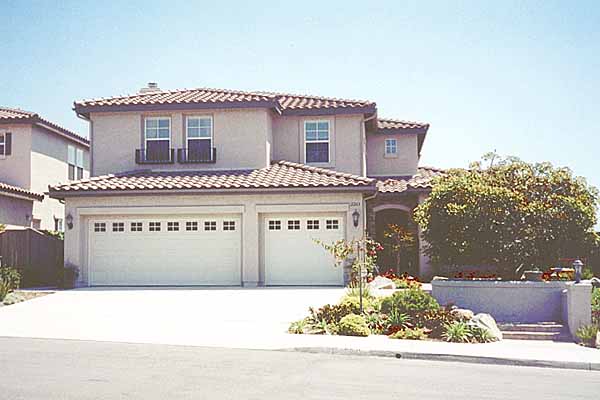COMMUNITY ASSOCIATION
Community Associations: Enhancing the Real Estate Landscape
What are Community Associations?
Community associations are governing bodies responsible for managing and maintaining common areas, amenities, and shared facilities within a residential community. These associations are often governed by a set of bylaws and regulations, and they collect dues or assessments from homeowners to fund maintenance, repairs, and community-related expenses. The associations may be overseen by elected boards or professional management companies, ensuring that the community's interests are upheld and its assets are well-maintained.
Advantages of Community Associations
Maintenance of Common Areas:
Community associations take on the responsibility of maintaining shared spaces, such as parks, swimming pools, fitness centers, and landscaping, ensuring that these amenities remain in top condition for the enjoyment of all residents.
Enforcement of Community Standards:
Community associations establish and enforce rules and guidelines to maintain the overall appearance and functionality of the community. This may involve architectural guidelines, landscaping requirements, and noise or behavior regulations, all of which contribute to preserving property values and fostering a harmonious living environment.
Community Engagement and Networking:
Through social events, neighborhood gatherings, and volunteer opportunities, community associations facilitate connections among residents, nurturing a strong sense of community and belonging.
Financial Management:
By collecting dues or assessments, community associations are able to fund ongoing maintenance, repairs, and improvements, thereby preserving and enhancing the community's overall value.
Conclusion
In conclusion, community associations play a vital role in enhancing the real estate experience for homeowners and residents. By assuming the responsibility of managing common areas, enforcing community standards, fostering a sense of community, and ensuring sound financial management, these associations contribute to the overall well-being and desirability of residential neighborhoods.
In conclusion, community associations play a vital role in enhancing the real estate experience for homeowners and residents. By assuming the responsibility of managing common areas, enforcing community standards, fostering a sense of community, and ensuring sound financial management, these associations contribute to the overall well-being and desirability of residential neighborhoods.
Whether through the maintenance of shared amenities or the promotion of a vibrant community atmosphere, community associations serve as valuable entities within the real estate landscape. Their contributions not only benefit individual homeowners but also enrich the collective living experience, making them an integral aspect of modern residential developments.
MORE REAL ESTATE TERMS
A, B, C, D, E, F, G, H, I, J, K, L, M, N, O, P, Q, R, S, T, U, V, W, X, Y, Z
Featured New Home

Featured Mortgage Brokers
- NEW DAY FINANCIAL LLC, FULTON, MD
8171 MAPLE LAWN BLVD STE 300
FULTON, MD 20759 - M/I Financial, LLC, mortgage broker in Columbus, OH
3 Easton Oval Ste 340
Columbus, OH 43219 - GUARANTEED RATE INC, PARSIPPANY, NJ
322 ROUTE 46 STE 170
PARSIPPANY, NJ 7054 - AMERIPRO FUNDING INC, SAN ANTONIO, TX
401 E SONTERRA BLVD STE 375
SAN ANTONIO, TX 78258 - REVERSE MORTGAGE SOLUTIONS INC, NEWBURGH, NY
700 CORPORATE BLVD
NEWBURGH, NY 12550